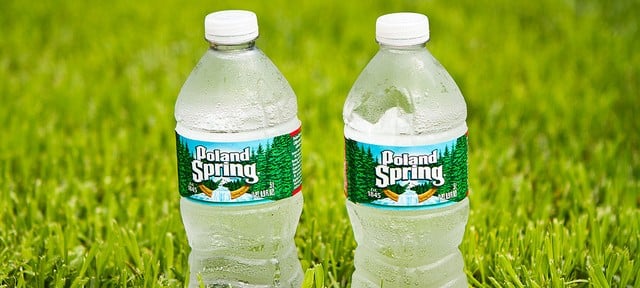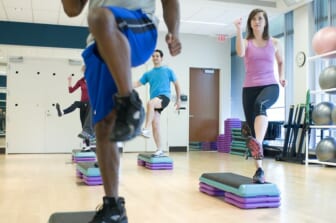
During the exercise season and hot weather of summer, you will likely hear health professionals encouraging more people to stay hydrated. Sports teams and other active groups should drink fluids often and include intervals of rest from exertion. Unfortunately, some people are opting to hydrate with energy drinks rather than water or an electrolyte-rich alternative. Whether you’re exercising or drinking caffeinated drinks for pleasure, you should understand the dangers of using these energy drinks.
In one small study, researchers found that these highly caffeinated drinks actually influenced changes in the heart’s electrical activity. The researchers do approach their results cautiously due to the small number of participants. Still, many people have experienced cardiac disorders after drinking several energy drinks together.
In the worst scenarios, some children or adults experience life-threatening cardiac arrest. One such young adult needed emergency medical attention after drinking eight energy drinks.
As the doctors searched for the instigating problem, they could find nothing wrong with the young man. He simply had high levels of caffeine and taurine (a stimulant often used in energy drinks) that caused his arteries to lock up. He had overstimulated his body with the caffeinated drinks.
Also Read: Why You Should Watch Your Salt Intake
The Dangers of Energy Drinks and Heat
Energy drinks pose several health risks to humans, especially during the heat of summer. First of all, energy drinks contain high levels of sugar inside each can.
In fact, one can could contain up to 50 grams of sugar, promoting weight gain, tooth decay, and high blood glucose. This level exceeds the maximum amount of sugar that both men and women should consume in one day and could promote an unhealthy risk for diabetes.
In addition, many people who choose energy drinks will often use them in place of water or electrolyte-rich drinks. Especially during the heat of the summer, people need to stay hydrated. Because energy drinks contain high amounts of caffeine, a diuretic, people risk dehydrating more quickly in the heat.
To further complicate this problem, energy drinks cause the heart to pump faster. As the heart pumps faster, it raises blood pressure, increasing a person’s risk for heat stress. This effect is only compounded if a person is already raising his heart rate through exercise. During the exercise, a person should opt for water or sports drinks instead.
Related: Choosing Oils With The Most Health Benefits
The Effects of Too Much Caffeine
The high levels of caffeine inside energy drinks also present several health problems. In one serving, an energy drink can have anywhere from 50—400 milligrams of caffeine. At the upper end of this range, this caffeine level equals about the same amount as four or five cups of coffee!
According to the American Pediatrics Association, children should avoid these energy drinks at all costs. Although the energy drink industry caters to children and young adults, the caffeine inside them may have greater adverse effects on this age group.
The drinks’ high sugar and caffeine content may contribute to nerve and heart disorders and promote obesity and hyperactivity. In addition, these drinks may also cause high blood pressure in adolescents, encouraging poor health at a young age.
Finally, the high levels of caffeine in energy drinks could lead to caffeine overdose. As in the case of the young man who went into cardiac arrest, many others can easily drink too much caffeine with these drinks too.
If a person consumes several energy drinks at one time, he might feel dizzy or nauseated, have excessive sweating and nervousness, or experience a rapid heart rate and even palpitations. In some cases, he may also go into cardiac arrest.
You should never underestimate the effects that the caffeine and stimulants in energy drinks could have on your body. Especially in the summer heat, you could experience severe dehydration, elevated blood pressure, and even heat stress or cardiac arrest. Instead, keep your caffeine intake at a minimum and opt for water and drinks that replenish electrolytes in the body.

The Secret to Aging Slowly: Exercise
